Stakeholders in the electric vehicle and electricity supply industries have set up a group intended to ensure take-up is not constrained by the impact on the UK’s power grid.
The new electric vehicle network (EVN) group has been launched by LowCVP (Low Carbon Vehicle Partnership) and electric power specialists EA Technology.
The initiative aims to drive forward solutions that will allow the rapid uptake of electric vehicles while minimising impacts and costs for the UK electricity distribution network. It will act as a focal point to address both technological and infrastructural needs, sharing research and recommending the optimal measures to increase the number of UK electric miles by 2030. The group will also introduce consumer voices, facilitating dialogue between key stakeholders and acting as a conduit for information to and from the UK Government.
The EV Network Group has been formed following discussions with representatives of the wide range of communities engaged in the electric vehicle transition including: the government’s Office for Low Emission Vehicles (OLEV); the Society for Motor Manufacturers and Traders (SMMT); Ofgem; the Energy Networks Association; the AA; Citizens Advice; Energy UK; Innovate UK; BEAMA; Transport for London; the Institution of Engineering and Technology; the Institution of Mechanical Engineers and wider automotive and utilities sector organisations.
A key role for the Group will be to ensure the effective sharing and dissemination of activity currently under way, investigating and communicating how transport and energy systems can develop together in the most harmonious way possible.
The Group will be co-chaired by the Low Carbon Vehicle Partnership and EA Technology, with the Partnership providing core secretariat functions.
LowCVP managing director Andy Eastlake said: “Electrification of a wide range of transport applications is one of the clearest opportunities in terms of delivering carbon and other emissions reductions. Making sure low carbon electricity is generated, distributed and delivered into these highly efficient vehicles where and when they need it represents both a challenge and an opportunity, and one in which we believe that the UK can lead the way.”
SMMT chief executive Mike Hawes said: “Take-up of ultra low emission cars is growing rapidly but we need infrastructure to keep pace nationally. The forum must contribute to the elimination of any electricity supply-side constraints which could limit the potential for widespread adoption of plug-in vehicles.”


















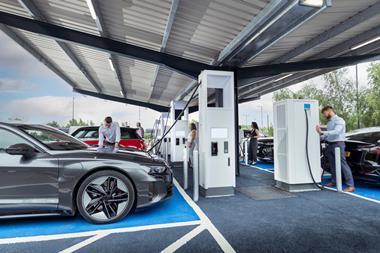

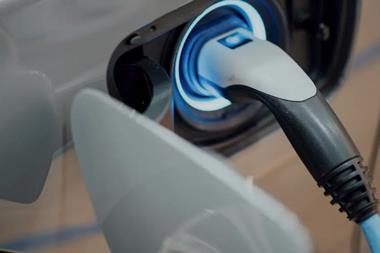
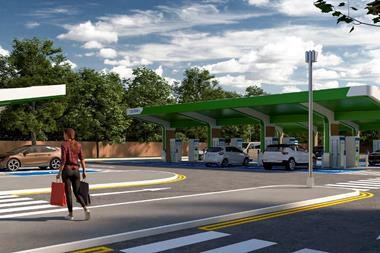
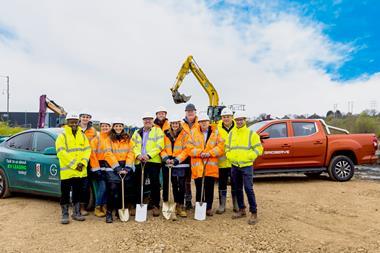
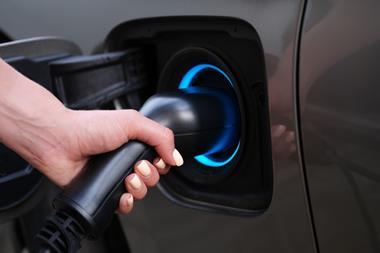






No comments yet